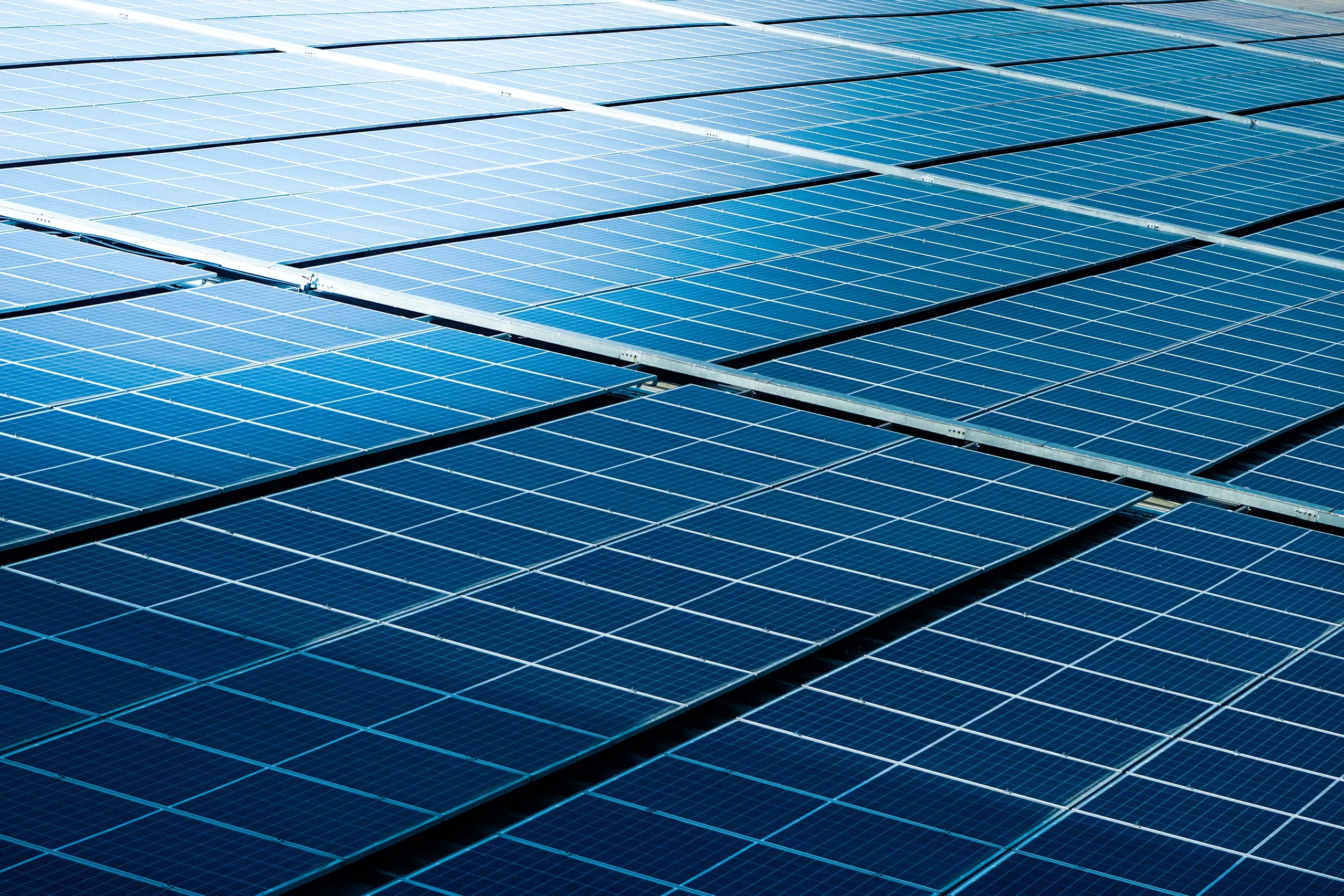The Bayelsa State Government on Tuesday signed a tripartite Bayelsa solar project deal with the Federal Government’s Rural Electrification Agency (REA) and J Marine Logistics Limited, a division of the Dubai-based Jampur Group, significantly advancing Nigeria’s aspirations for renewable energy. The agreement was signed at the Nigeria Renewable Energy Innovation Forum (NREIF) in Abuja in 2025.
Governor Douye Diri signed on behalf of Bayelsa State, while Mohammed Shafiq, Chairman of Jampur Group, signed for the company. The ceremony was witnessed by Vice President Kashim Shettima. He chaired the event, along with the Minister of Power, Adebayo Adelabu, and the Managing Director of REA, Abba Aliyu.
The company will also provide the technical expertise, financial capability, and international best practices required to operate a high-efficiency solar module manufacturing facility. While Bayelsa state government will provide land for the plant, grant planning and construction permits, offer tax incentives. In addition, they will also assist with infrastructure support, including access roads, water supply, power evacuation, and security.
Daniel Alabrah, the chief press secretary for Bayelsa, said in a statement that the state was chosen due to its strategic industrial hub status, which includes favorable infrastructure, advantages in logistics, and a workforce with the necessary skills. These attributes make the state an ideal location to host a large-scale solar module manufacturing operation.
The project is similar to the 1000MW Nigeria solar panel factory set to be constructed by the Nigerian Federal Government.
Bayelsa Solar Production Project Factsheet
Parties Involved: Bayelsa State Government; Rural Electrification Agency (REA); J Marine Logistics Limited (Jampur Group, Dubai)
Location: Bayelsa State, Nigeria
Capacity: 100 MW solar module manufacturing plant
Expected Start: Immediately following the signing
Scope: Manufacture of solar panels (solar modules); operating under high-efficiency, international best practices
Implications & Challenges Ahead
The project represents a significant step in domesticating solar production in Nigeria. It will reduce reliance on imports, creating jobs, and strengthening the renewable energy supply chain. At the same time, successful implementation will depend heavily on the effectiveness of local infrastructure support.
Moreover, as the federal government rolls out more agreements under the “Nigeria First Policy” to encourage local content and manufacturing in renewables, stakeholders will be watching closely how these projects deliver in terms of cost, output quality, and sustainability
